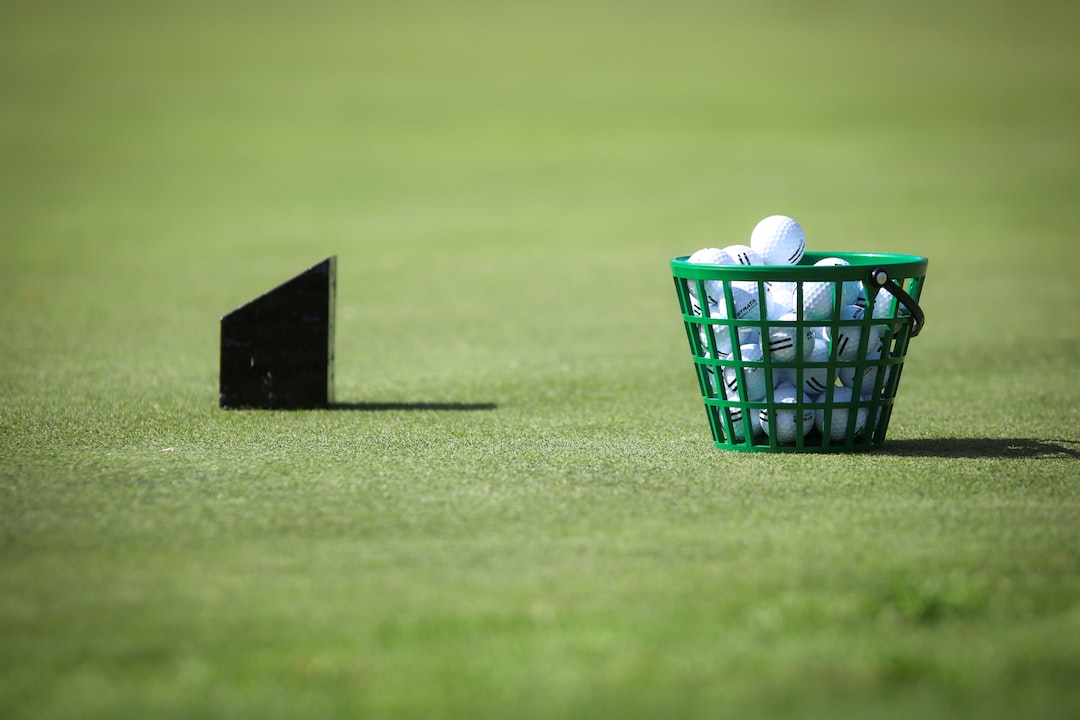Overview
What is a hernia?
A hernia occurs when an organ or tissue protrudes through a weak spot in the surrounding muscle or connective tissue. It is typically caused by a combination of muscle weakness and straining, such as heavy lifting or persistent coughing. Hernias can occur in various parts of the body, including the abdomen, groin, and diaphragm. Common types of hernias include inguinal, femoral, umbilical, and hiatal hernias. Symptoms of a hernia may include pain, swelling, and a visible bulge. It is important to consult a healthcare professional for proper diagnosis and treatment.
Types of hernias
There are several types of hernias that can occur in different areas of the body. Some common types include:
- Inguinal hernia: This is the most common type of hernia and occurs in the groin area. It often causes a bulge or swelling.
- Femoral hernia: This type of hernia also occurs in the groin area but is more common in women. It can cause pain and a visible bulge.
- Umbilical hernia: This type of hernia occurs near the belly button and is most common in infants. It usually resolves on its own.
- Incisional hernia: This type of hernia occurs at the site of a previous surgical incision. It can cause pain and discomfort.
It is important to understand the specific type of hernia you have in order to better manage your condition and make informed decisions about physical activities like playing golf.
Symptoms of a hernia
A hernia can cause various symptoms depending on its type and location. Common symptoms include pain or discomfort, swelling, and a bulge or lump that can be felt or seen. Other possible symptoms may include nausea, vomiting, constipation, and difficulty passing urine. It is important to note that not all hernias cause symptoms, and some may only be detected during a physical examination. If you experience any of these symptoms, it is recommended to consult a healthcare professional for a proper diagnosis and guidance.
Playing Golf with a Hernia
Understanding the risks
Playing golf with a hernia can be challenging and potentially harmful. Lifting heavy golf bags and twisting movements during swings can put strain on the abdominal muscles, increasing the risk of further injury. It is important to listen to your body and avoid activities that cause discomfort. Consulting a healthcare professional is crucial to assess the severity of the hernia and determine the appropriateness of playing golf. Modifications such as using a golf cart or hiring a caddy can help reduce the strain on the body.
Modifications to consider
When playing golf with a hernia, it is important to make certain modifications to avoid further injury and discomfort. First, it is crucial to listen to your body and take breaks when needed. Second, consider using golf carts instead of walking the entire course to minimize strain on the herniated area. Third, avoid heavy lifting of golf bags and equipment, and ask for assistance when necessary. Fourth, use proper body mechanics when swinging the golf club to prevent putting unnecessary strain on the hernia. By implementing these modifications, golfers with a hernia can still enjoy the game while minimizing the risk of exacerbating their condition.
Tips for playing golf with a hernia
When playing golf with a hernia, it is important to make certain modifications to minimize discomfort and reduce the risk of further injury. Avoid heavy lifting and excessive twisting during your swing to prevent aggravating the hernia. Additionally, consider using a supportive brace or belt to provide extra support to the affected area. It is advisable to consult with a healthcare professional for personalized advice on managing your hernia while playing golf. By taking these precautions, you can continue to enjoy the game while prioritizing your health and well-being.
Preventing Hernias
Maintaining a healthy weight
Maintaining a healthy weight is crucial in preventing hernias. Excess weight puts added strain on the abdominal muscles, making them more susceptible to tearing. Eating a balanced diet and engaging in regular exercise can help you achieve and maintain a healthy weight. It is important to avoid crash diets or rapid weight loss, as these can weaken the muscles and increase the risk of hernias. Additionally, consulting a healthcare professional can provide guidance on the appropriate weight management strategies for your specific needs.
Proper lifting techniques
When it comes to lifting heavy objects, proper technique is crucial to prevent hernias. Here are some important tips to keep in mind:
- Use your legs: Bend your knees and keep your back straight when lifting.
- Avoid twisting: When picking up or moving objects, avoid twisting your body.
- Ask for help: If an object is too heavy, don’t hesitate to ask for assistance.
By following these proper lifting techniques, you can minimize the risk of developing a hernia and protect your overall health.
Strengthening core muscles
To prevent hernias, it is important to strengthen your core muscles. Strong core muscles provide support to the abdominal wall, reducing the risk of hernias. Incorporating exercises such as planks, crunches, and Pilates into your fitness routine can help strengthen your core. Additionally, practicing good posture and using proper body mechanics while lifting heavy objects can further protect your abdominal muscles. Remember to consult with a healthcare professional before starting any new exercise regimen.
Conclusion
Importance of consulting a healthcare professional
Consulting a healthcare professional is crucial when it comes to managing a hernia and participating in physical activities such as golf. They can provide valuable advice tailored to your specific condition and help you make informed decisions about your golf game. It is important to discuss any modifications, limitations, or concerns with your healthcare professional to ensure you are playing golf safely and minimizing the risk of further complications. Remember, your health should always be a top priority, and consulting a healthcare professional is the first step towards a safe and enjoyable golf experience.
Balancing physical activity and hernia management
Finding the right balance between physical activity and hernia management is crucial for individuals with hernias. It is important to consult with a healthcare professional to get the necessary information and guidance on how to manage your hernia while staying active. While physical activity is important for overall health, it is also essential to listen to your body and make modifications as needed. This may include avoiding certain movements or exercises that can strain the hernia area. Additionally, maintaining a healthy lifestyle, including proper nutrition and adequate rest, can support your hernia management journey. By finding the right balance, you can continue to enjoy physical activities like golf while taking care of your hernia.
Taking care of your overall health
Taking care of your overall health is crucial when managing a hernia. Proper nutrition plays a key role in preventing the development of hernias and promoting healing. It is important to maintain a balanced diet that is rich in fiber, vitamins, and minerals to support the body’s natural healing process. Additionally, regular exercise can help strengthen the muscles and reduce the risk of hernia recurrence. Engaging in activities such as yoga or pilates that focus on core strength can be especially beneficial. Lastly, stress management techniques, such as meditation and deep breathing, can help alleviate tension in the body and promote overall well-being. By prioritizing these aspects of your health, you can better manage your hernia and improve your overall quality of life.


